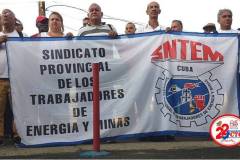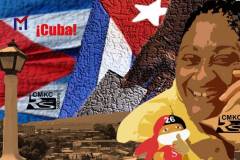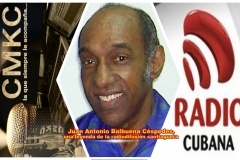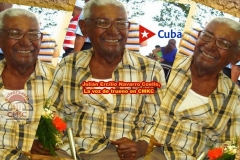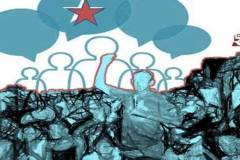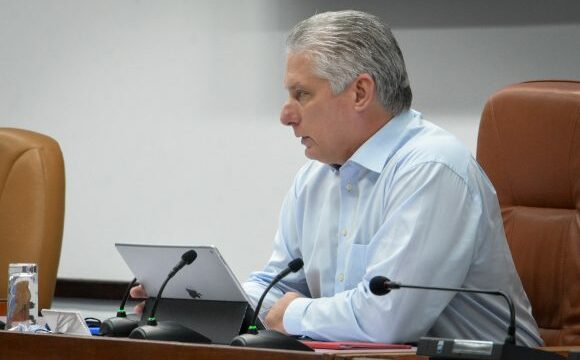

Solidarity- Cuban President Miguel Diaz-Canel on Wednesday expressed gratitude for the international support against the US blockade, and shared a photo of US actor Tyrese Gibson, who favors an end to that hostile policy.
Solidarity- ‘Whoever knows and shares with our noble and industrious people, understands that the blockade must cease. Cuba is grateful for the solidarity,’ the president wrote on his Twitter account.
The history of Cuba is one of victories
The actor and singer joined a group of US prominent figures who have called on the US Government to improve relations with Cuba and end the economic, commercial and financial blockade.
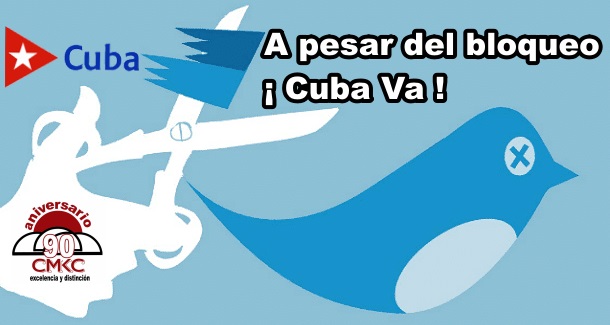
Through his Instagram account, Gibson shared a message in which he described the blockade as a racist measure.
US deliberately lies when it labels Cuba as terrorist, FM says
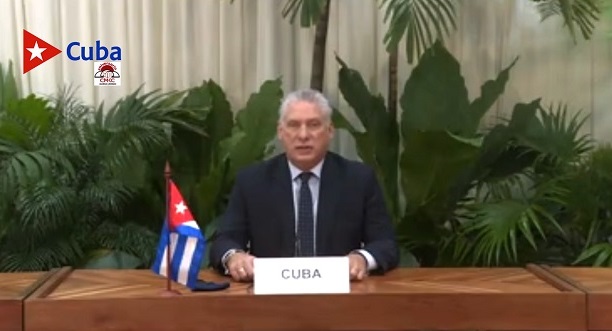
‘We love Cuba, we can lift the blockade against that island, please, we want that good energy openly flowing as soon as possible,’ the artist tweeted.
Among the various messages of support for Cuba, he said, ‘Hand me one of those CUBANS (cigars).’
He also referred to the rapprochement between Washington and Havana that took place during Barack Obama’s administration, but unfortunately, former President Donald Trump arrived and ‘killed the dream’, he said.
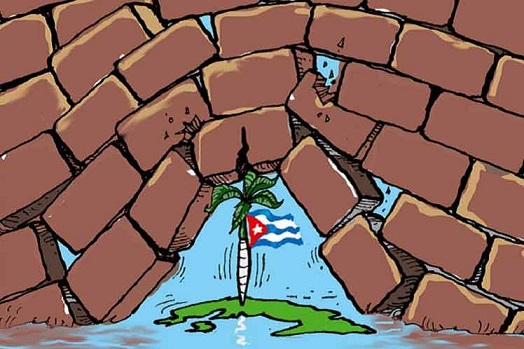
According to Gibson, he is a proud voter of the #BidenHarris ticket and now expects good results from their administration.
Solidarity- Cuba reaffirms its commitment to nuclear disarmament
Cuba reaffirmed its commitment to nuclear disarmament by signing on Thursday the Comprehensive Nuclear Test Ban Treaty (CTBT).
According to the Cuban Foreign Ministry’s website, the country’s ratification expresses its support for the complete and effective prohibition of all explosive tests, other sophisticated methods and subcritical trials.
With the action, Cuba also confirms its condemnation of the rise in expenditures to enhance such experiments, while calling for the closure of the facilities used for such purposes and their associated infrastructure.
Cuba is a State Party to the Treaty on the Prohibition of Nuclear Weapons, the Treaty on the Non-Proliferation of Nuclear Weapons, and the Chemical and Biological Weapons Conventions.
The CTBT, once in force, will contribute along with those deals to the efforts for the total, transparent and irreversible eradication of those artifacts, the source referred.
Cuba belongs to the first densely populated zone in the world to be declared a Nuclear-Weapon-Free Zone.
In addition, Cuba reaffirms the validity of the Proclamation of Latin America and the Caribbean as a Zone of Peace, adopted at the 2nd Summit of Heads of State and Government of the Community of Latin American and Caribbean States, held in Havana in 2014.
Significance of Cuban and Venezuelan revolutions analyzed in China
Diplomats and academics discussed in Beijing on Thursday about the geopolitical significance of the revolutionary processes carried out in Cuba and Venezuela for Latin America and the Caribbean, but also in the development of relations with China.
The meeting served to pay tribute to the 29th anniversary of the civil-military rebellion led by late leader Hugo Chavez to vindicate the fight for democracy and sovereignty of his country.
The opening of the meeting included a message from Venezuelan Ambassador to Cuba Adan Chavez, who highlighted the significance of that feat and considered it the strengthening of Venezuela’s independence.
Later, Cuban Ambassador to China Carlos Miguel Pereira stood out how the friendly ties between Hugo Chavez and the historical leader of the Cuban Revolution, Fidel Castro, bore fruit in more bilateral and regional solidarity and collaboration.
Other officials commented on the achievements of the Bolivarian revolution, Chavez’ legacy in promoting relations with China and the need to take better advantage of the opportunities that arise from these ties.
Ecuadorian academic Hector Villagran called on Latin America and the Caribbean to work together, strengthen regional mechanisms and sell more products with greater added value to China, attract investments to non-strategic sectors, and learn from business culture and productive chain.

